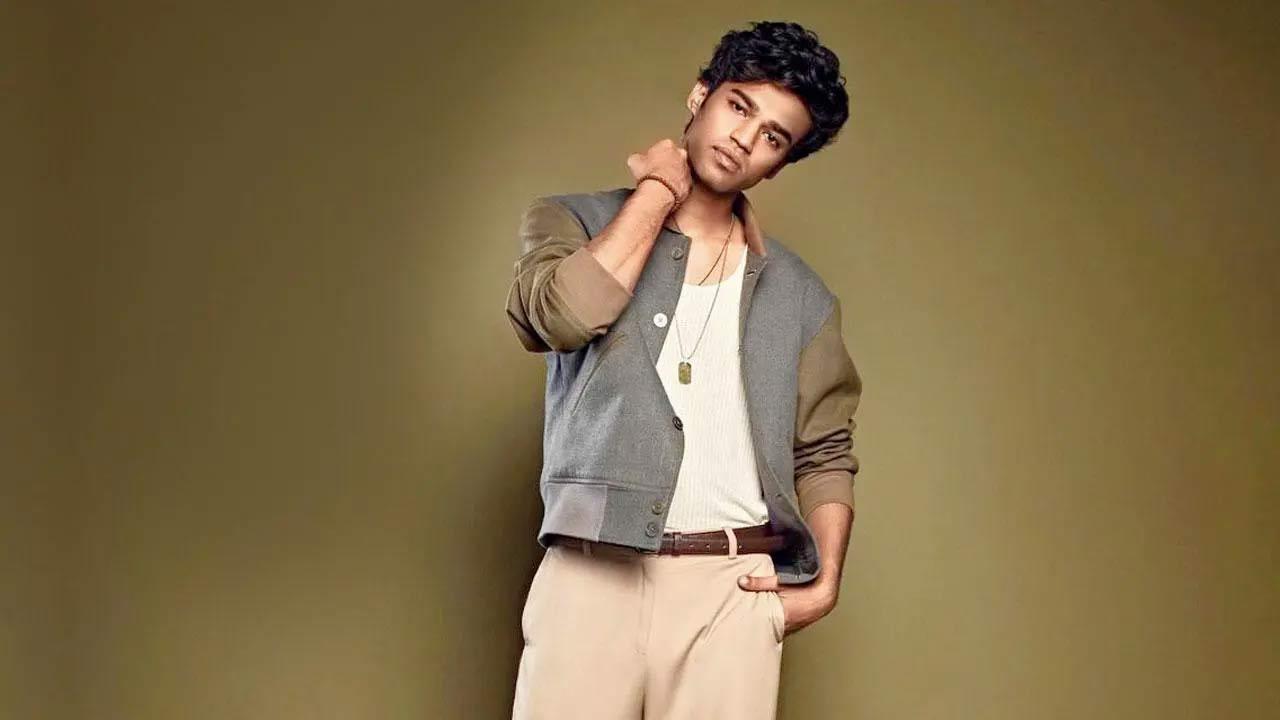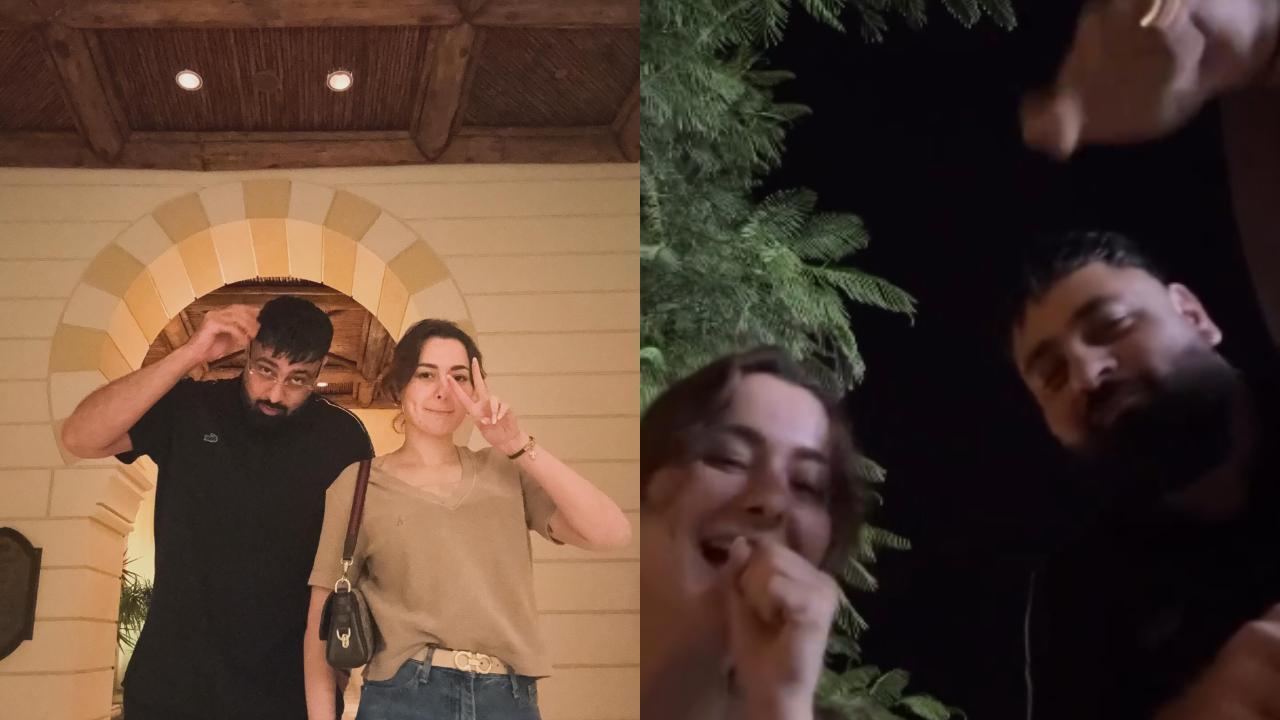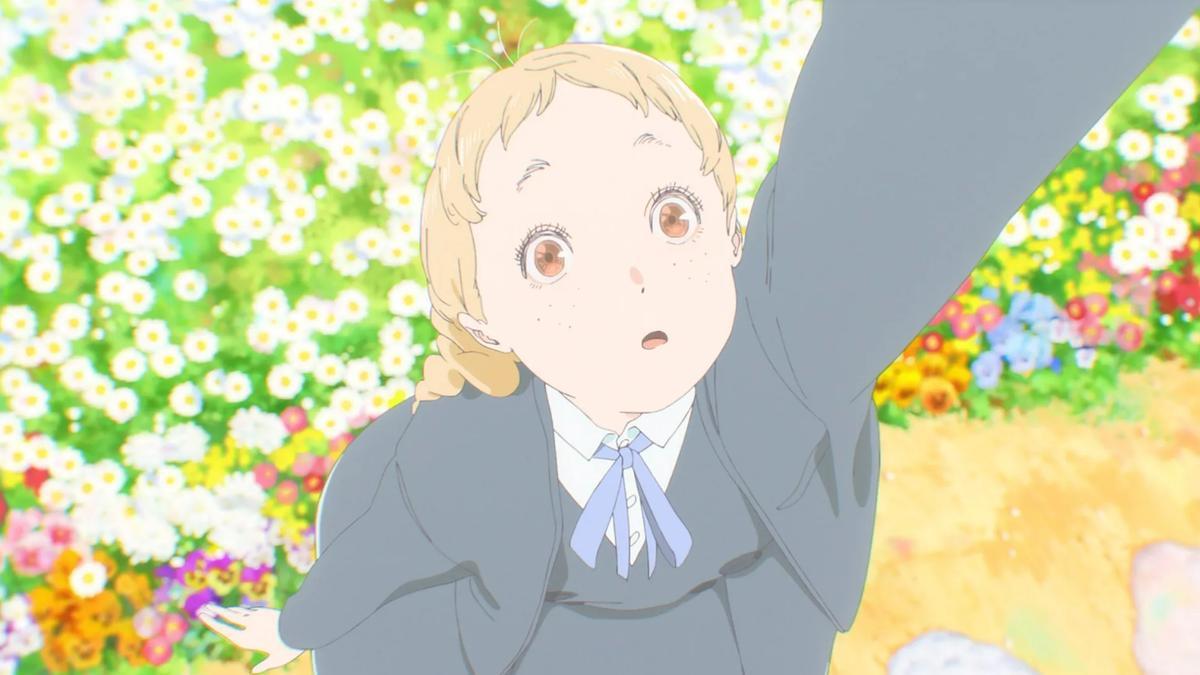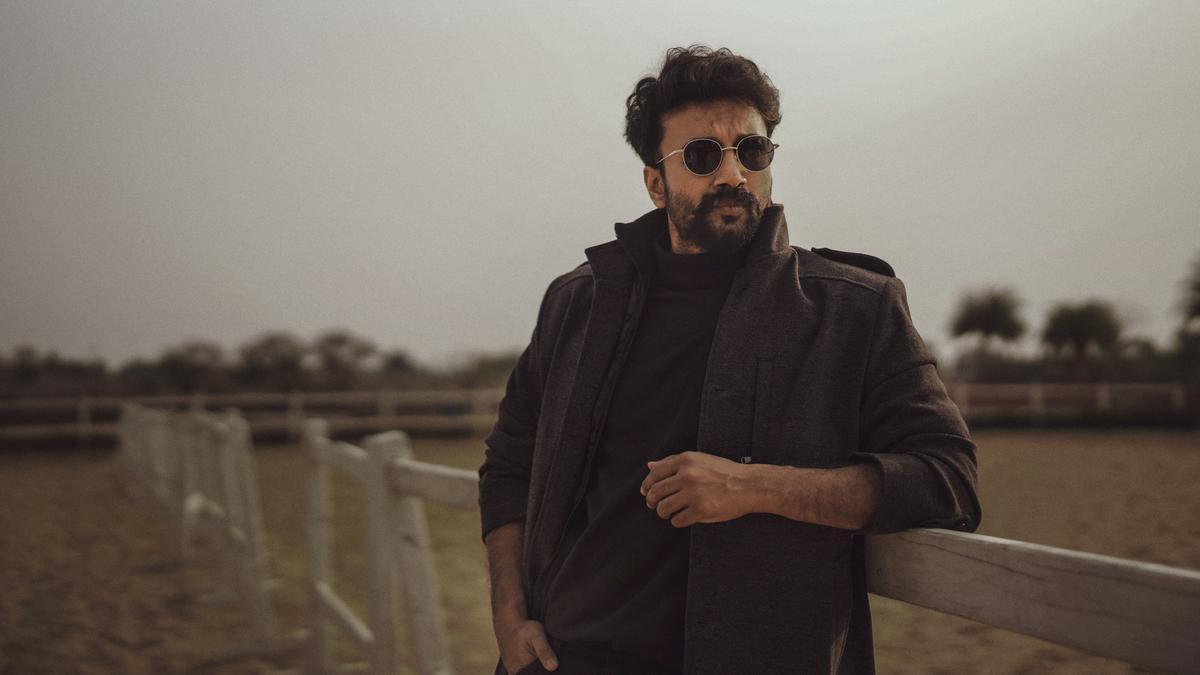
Jazz and film festivals, fashion weeks, book fairs, art biennales, and exhibitions, combined with ambitious plans to build multiple museums—welcome to the new era of Saudi Arabia. As the kingdom pushes forward with its Vision 2030, crafted by Crown Prince Mohammed bin Salman eight years ago, culture is emerging as a beacon of economic diversification and sociocultural evolution. The kingdom’s aggressive cultural investments are intended to attract tourism and bolster the economy, hoping to create a more open and inviting global image.
In alignment with Vision 2030, Saudi Arabia has allocated approximately $1.25 trillion on numerous mega building projects, according to global real estate consultants Knight Frank. Among these mega projects is the Red Sea Project, an initiative aimed to rival world-renowned destinations such as the Maldives with its archaeological sites, pristine islands, and clear waters. The kingdom’s efforts to appeal to international audiences are yielding results, winning admirers like football star Cristiano Ronaldo, who relocated to Saudi Arabia two years ago. Ronaldo has been actively sharing his admiration for the country and its burgeoning cultural scene on social media, further boosting its profile.
Historic sites are also central to this cultural renaissance. For instance, the ancient city of AlUla, a historical treasure situated on the old incense trade route, is being transformed into a global cultural destination. Two significant museums are under development here: a contemporary art museum in collaboration with Paris’s Centre Pompidou, and the Museum of the Incense Road. These establishments are just two of the 15 cultural properties planned for AlUla, designed to highlight the area’s rich history and artistic potential.
This cultural reawakening has led to numerous conferences and events across the kingdom. The inaugural Future Culture Summit, held earlier this year in AlUla, is a prime example. This gathering aimed to explore how culture can shape and advance human thought and seemed particularly relevant given the political complexities in the region. Notable speakers included Laurent Le Bon, President of the Centre Pompidou, and Nora Razian from Dubai’s Jameel Arts Center.
. The summit kicked off with the third edition of Desert X AlUla, an immersive open-air art exhibition that explored themes such as trade, migration, and time. Curated by Maya El Khalil from Oxford and Brazilian documentary filmmaker Marcello Dantas, the exhibition was aptly titled “In the Presence of Absence.”
A standout performance at the summit featured professor Eduardo Miranda of the University of Plymouth, who demonstrated how quantum computers can map brain waves to create music—a technology that could benefit individuals with special needs. Additionally, an art show titled “More Than Meets the Eye” was held at Maraya, the world’s largest mirrored building, showcasing the multifaceted nature of Saudi art over the past 25 years.
“This is a region where a lot has been spoken about, but not much has been heard from,” remarked Abdullah Al Rashid, director of the King Abdulaziz Center for World Culture in Dhahran. Highlighting the tenth anniversary of the Saudi Film Festival, Al Rashid noted this year’s guest program would feature films from India, expanding beyond Bollywood to include independent cinema as well. Despite extensive involvement from Western experts in shaping Saudi’s cultural future, there’s a growing call for more collaboration with geographically closer neighbors, such as India.
The youthful demographic of Saudi Arabia is also a driving force behind this transformation, with 63% of the kingdom’s 37 million people under the age of 30. Highlighting this societal shift is Loulwa Al Sharif, who used to perform underground until 2018 when women were legally allowed to sing in public. Al Sharif, now the kingdom’s first female singer to perform at public concerts, describes her experience as emblematic of the changing times. Reflecting on her debut public performance, she recounted, “I was nervous; my hair was uncovered, but the covered women in the audience were so supportive. They sang along and later told me how much they loved my performance. Finally, we have a platform and a chance to be who we are.”
Saudi Arabia’s ambitious cultural initiatives are meticulously layered, aiming not just to entertain but also to educate and unite. As the kingdom marches towards its Vision 2030, culture is becoming a powerful tool for fostering a more inclusive, dynamic, and globally connected Saudi Arabia.










